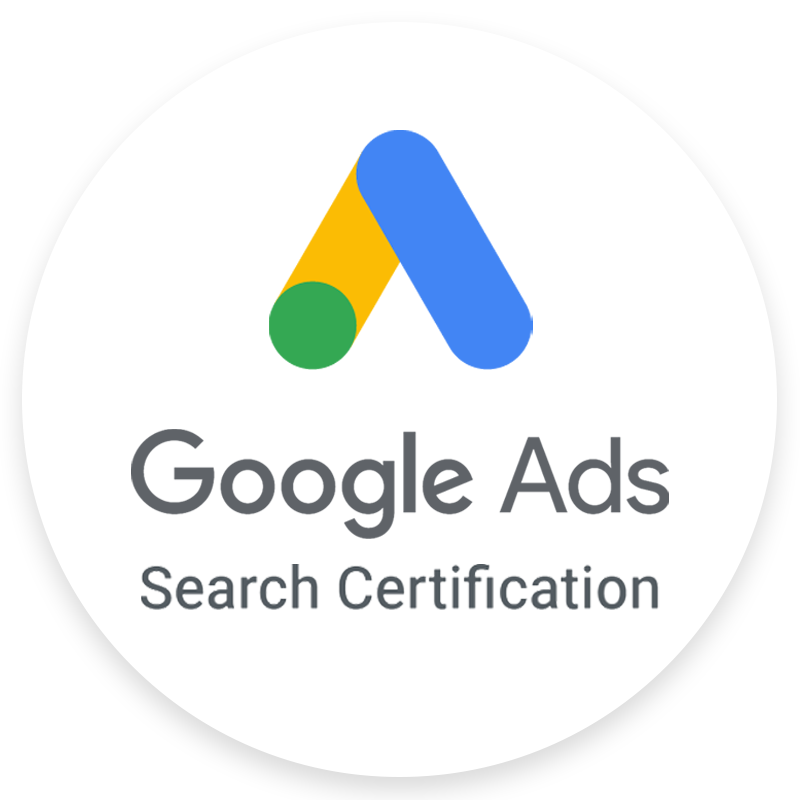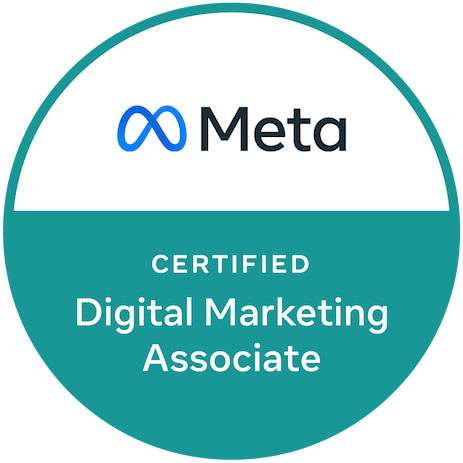The Creekmore Marketing Guide to Google
Want to learn more about Google and how your business can use it effectively? Let Creekmore Marketing tell you a little about its history and quirks.
Google is more than just a search engine at this point: it’s an institution. Google is practically shorthand for the internet at large, and this vastness can make it seem impenetrable. But like anything that exists on the internet, Google was created by people for the purpose of being used by people, and that includes you and your business. Because Google is so omnipresent, making sure that you understand how it works and how your business can utilize it most effectively is incredibly important. Luckily for you, you’ve got experts on your side, and Creekmore Marketing has developed a short guide to Google to help get you and your business acquainted with this digital giant.
History
Compared other search engines and giants of the information age, Google came onto the scene rather late, as a research project started by two Stanford University students in 1996. One student, Larry Page, was interested in how math served to link different pages on the internet, and so decided to create a database of how different pages linked to each other with the help of his friend Sergey Brin. The project, initially nicknamed “BackRub,” was created with academia in mind, to help academics find citations for research, but as we all know, it didn’t stay that way. Part of what allowed Google to become the institution it is today is the innovation that Page and Brin added to their project as part of their thesis: that the pages with the most links are the most relevant, and should therefore “rank” higher on search results. This thesis, which was written up as the “PageRank algorithm,” became the cornerstone of Google’s algorithm, and is still used today to formulate how search results populate. Google was officially incorporated as a company in 1998, and then patented in 1999. Its iconic name came from the number “googolplex,” which is 1 followed by 100 zeroes. You can see this influence still today when you search something on Google and scroll to the bottom of any given page of results: there the Google logo is stylized to have multiple O’s, much like its namesake.
Percentage of Overall Search Volume
Google is far and away the most used search engine in the Western world. In November 2016, Google received 15,303 million queries, whereas its next closest competitor—the Microsoft search engine Bing—only received 9,758 million queries. The total percentage of queries made in all search engines tends to average around fifty percent for Google, although can rise as high as sixty percent. With this in mind, it is a safe assumption to say that if someone is searching something online, they are using Google. After all, “Google it” is shorthand for searching something online in general, whether you are using Google or not.
Reviews
There are a number of ways to have your business receive reviews on Google. The most obvious, and most important, avenue is to get Google reviews directly. The service Google My Business is directly tied with Google Maps, so whenever searchers find your business on Google Maps they are given the option to leave reviews. They can also do so by finding your Google My Business listing through a standard Google search: this brings up a sidebar with your business’s Google listing and again gives the option to leave a review. Google also pulls reviews from other sites, such as Houzz, that are also displayed on your Google listing.
Major Algorithm Changes
We may only be a little over halfway through 2017 at this point, but that hasn’t kept Google from routinely updating its algorithms. Back in February, there was an update that greatly shook up keyword rankings across the board, some positively and some negatively. And then, in March, there was an even bigger update, nicknamed “Fred” by Google’s Gary Illyes. Google does not often confirm algorithm updates, but any time there is a large-scale shake-up of rankings across the board—whether they be positive, negative, or a mix of the two, as is often the case—you can assume there has been an update to Google’s algorithm.
Its Importance for Small Business SEO
It is difficult to overstate the importance of Google for SEO, whether your business be large or small. For small or local businesses, however, Google is perhaps even more necessary than for massive multinational corporations. Because of Google’s reach and resources, small businesses can be found by customers in ways that were unprecedented twenty years ago. Making sure that you are tailoring your SEO strategy to Google specifically isn’t just a recommendation: it’s a must.
If you have any further questions about Google and how your business can work with it successfully, contact Creekmore Marketing
today!
Get a FREE Consultation
Ready to grow your business? Fill out the form to request a free digital marketing consultation.
Footer Contact Form
We will get back to you as soon as possible.
Please try again later.
Explore Our Services
About Us
We are an internet marketing firm that specializes in local Search Engine Optimization (SEO), pay-per-click ads (PPC), social media management solutions and advertising, responsive website and logo design, review marketing, online reputation protection, webchat, texting and digital receptionist. We proudly serve small businesses all over the US and Canada.
Military Discount

Active military and veterans receive a 10% discount on all marketing services (excluding ad spend).
All Rights Reserved. Creekmore Marketing










